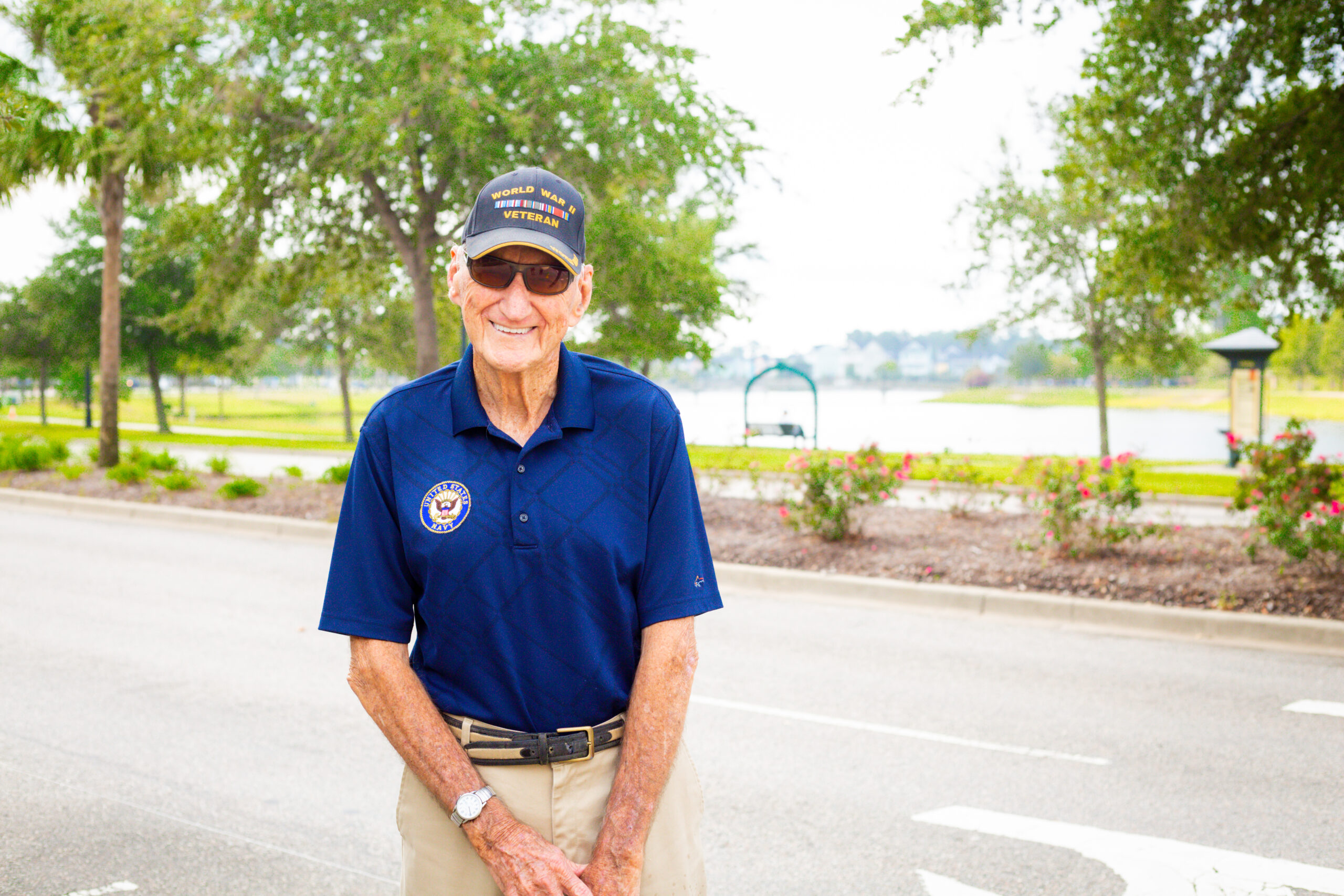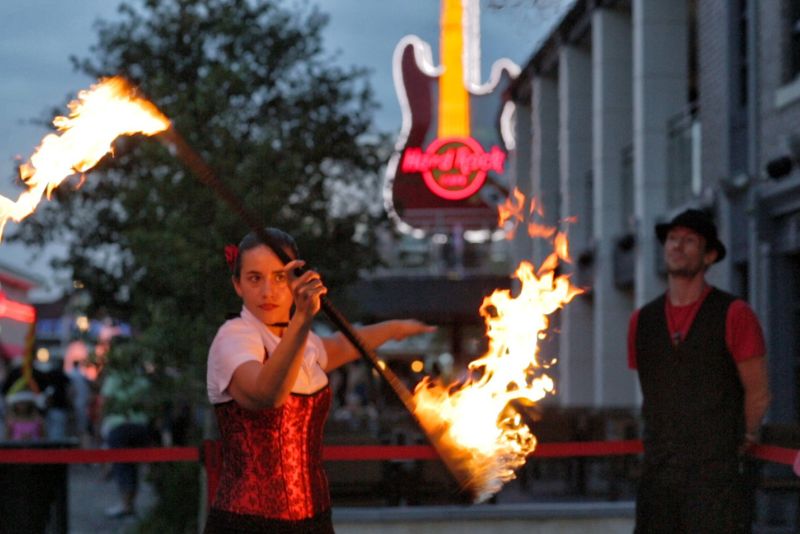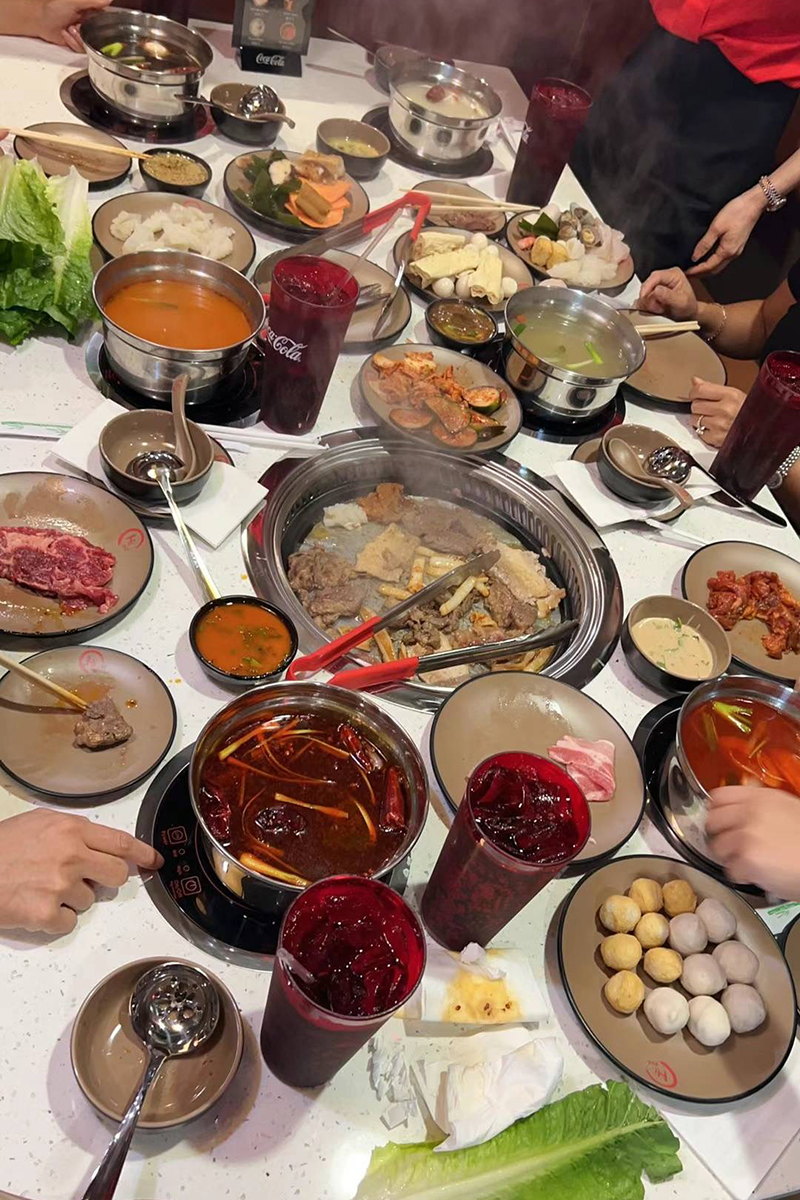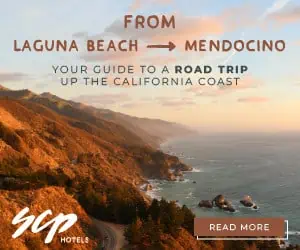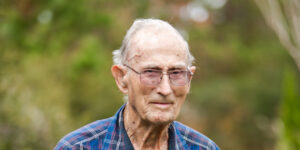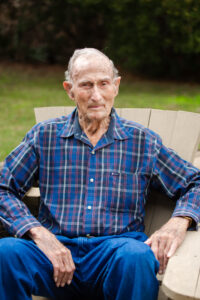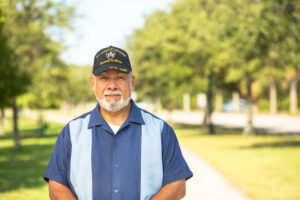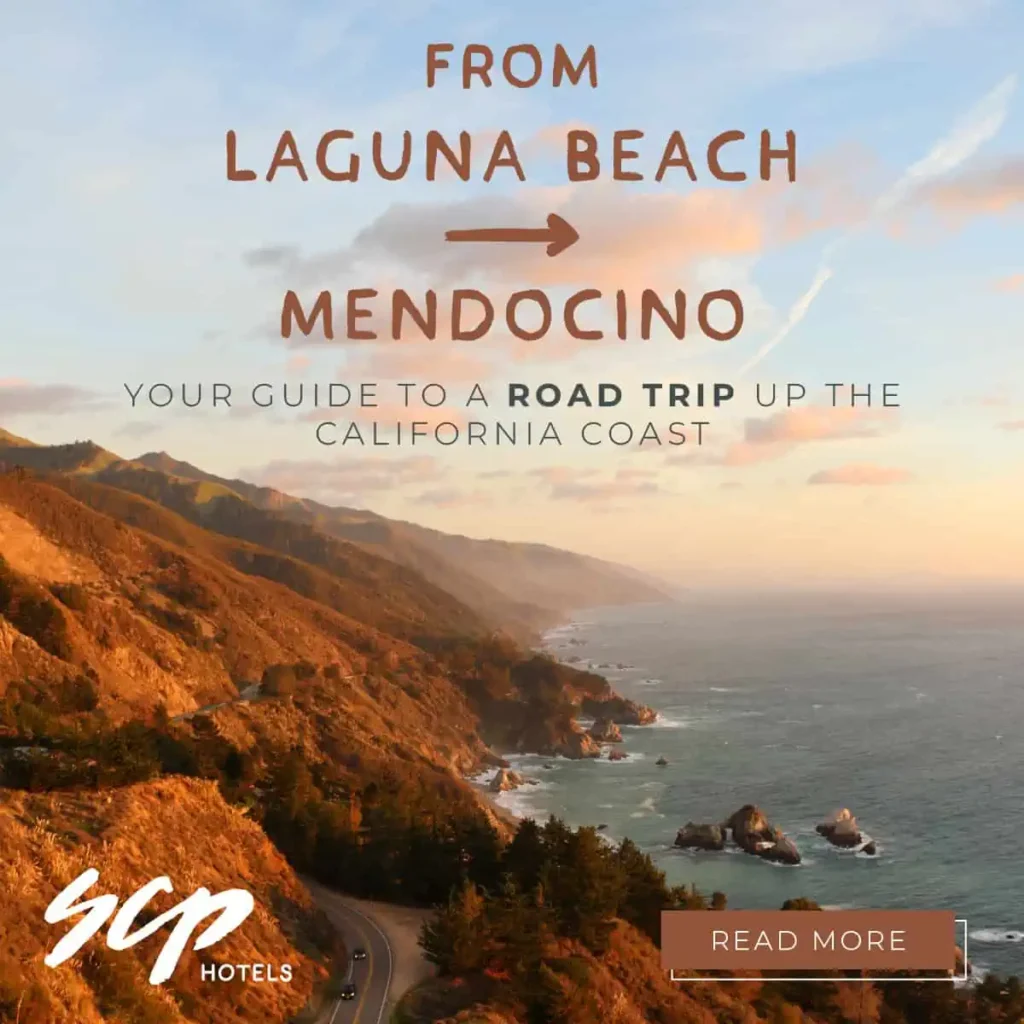WWII Navy Veteran in the Philippines
Celebrate Our Veteran gives voice to the stories of the U.S. military veterans living amongst us. The actions of these brave and dedicated people, who have served our country both in active military duty as well as administrative positions, have and continue to contribute to the protection and preservation of us and our country.
We hope that this section of our paper is an opportunity for our community to hear and see veterans with new eyes, and for veterans to receive recognition and honor for their experiences and life journeys.
This month’s Celebrate Our Veteran recounts the story of Jack Platt, as told in his own words. This is the first chapter of a two-part series. Click here to read Part 2.
by Melissa LaScaleia
“I was born on September 3, 1927, in a small village on the small island of Cape Breton, in Nova Scotia— it’s off of Prince Edward Island. I was born in a small farmhouse with no electricity. My grandmother was the midwife.
My mother was born on the island too. She was an adventurous girl, and moved to Boston when she was eighteen years old to become a domestic.
My father was born in Massachusetts and lived in Boston. He joined the Navy in 1916, on his seventeenth birthday, and served on the USS Texas in WWI. After the war, he had a job with the immigration department in Boston.
He met my mother at a dance, they fell in love, got married, and had two children. Then my mother became ill. She was a country girl and I think the city affected her adversely. So my father moved my family back to Cape Breton because he thought it would help her.
In Nova Scotia, he helped a neighbor who was a lobster fisherman. When there was no fishing, he worked in a coal mine. There were two huge coal mines on Cape Breton Island. My parents had a little truck garden where we grew vegetables to eat. We had one horse, and one cow. We were very, very poor.
When I was six years old, our farmhouse— which was over 100 years old— burned down. There was no fire department on the island. So my father moved my family back to Boston. Since he was American, that made me American by birth.
We moved into a welfare housing project in South Boston. My father was out everyday looking for work. Back in the ’30s it was difficult; it was the Great Depression.
If you could make $15 a week you were lucky. We were very poor. In 1940, my older brother turned seventeen and joined the Naval Air Corps just because his was one less mouth to feed. He was a radioman/gunner, and was stationed at Pearl Harbor. He was a part of WWII from the very first day.
His 18th birthday was December 5; two days later, they bombed Pearl Harbor. But he survived. He was in the battle of Midway picking up survivors.
I was thirteen years old at the time and going to school, but it was getting more and more difficult to live. So when I was fifteen years old, I quit school and went to work part time in a shipyard, in Quincy, MA, where they taught me to be a welder.
During World War II, the government hired private ships, called Liberty ships, to carry supplies, food, and machinery to Europe. Everything that was needed to win the war in Europe would be on those ships. And the sailors who ran them were civilians, private sailors called Merchant Marines. They were the most courageous people who ran those ships, because they carried no weapons, no guns with which to protect themselves.
They risked their lives to get supplies to England and Scotland to support the war effort. There’s no question that without their help, we wouldn’t have won the war in Europe. That’s why they were paid so well.
So the Liberty ships would sail in large convoys of between 55 to 75 armed naval ships for protection. During WWII, German submarines would hide off the coast of the harbors in New York and Charleston and try to sink the ships. Out in the open sea, the submarines would navigate between the convoys and sink hundreds and hundreds of the supply ships. They knew that without the supplies, we couldn’t win the war.
My father left us to join the Merchant Marines. He told me stories about how they would be sailing in a convoy and all of a sudden a ship they were sailing with would suddenly blow up.
My father sailed on a ship laden down with all kinds of supplies from Halifax, Nova Scotia. In 1944, off the coast of Scotland, his ship was torpedoed, but he survived. He was stuck over in England for some months. That same year, my mother, who had always been ill, died.
I was 16-years-and-10-months old, and then I joined the Navy. Two days before my 17th birthday, a train was leaving for boot camp, from Boston, and I got on it. I hadn’t even started to shave yet. I wanted to get in because my brothers were there. I wanted to go into the Pacific. Being a young kid, I thought maybe I would see them there.
My father stayed in the Merchant Marines. I was on Treasure Island, a Naval station in San Francisco Bay; we were getting ready to sail for Pearl Harbor, when I got a phone call from him. He was in San Francisco too. I was delighted and asked if I could go ashore to meet him. They gave me a 24 hour pass and I was able to meet him for dinner; we had a good time.
I don’t know what happened with him in the next two years. I totally lost contact with him until the latter part of 1946. By that time he was a civilian.
In December 1944, after boot camp, I was sent to Camp Pendleton, a large Marine base in San Diego. I was assigned to a utility landing operation detachment to train as a perimeter guard for Naval on-shore/off-shore Naval facilities.
We sailed for Pearl Harbor where we joined a number of ships going to the Marshall Islands. From there, we sailed for Leyte Gulf in the Philippines. Three months earlier, on October 20, 1944, General McArthur had landed there with the Army, Navy and Air Corps, and fought against the Japanese. We had been victorious, and that was our beginning of taking back the Philippines. Later, they had to go conquer the other islands.
When we went into the Leyte Gulf, we went ashore the island of Samar. They had a Naval Supply Depot established there, and our duty was to be perimeter guards. The perimeter was actually the line of the jungle, and the jungle is incredibly thick. It rains four to five months a year there— you’re never dry.
You’re covered in heat rash; your clothes rotted off of you in the heat. It was terrible. The mosquitoes could pick you up and carry you away. And the bugs! There are red bugs and green bugs and every other color too. They couldn’t keep the bugs out of anything.
In the mess hall, there was a sign over the bread that read: ‘this bread is safe, it was cooked at such a high temperature it killed any potential disease, but we could’t keep all the bugs out of it.’ It looked like raisin bread, but it was really bugs in the bread. At first you picked them out, but after awhile, you just picked it up and ate it.”
To be continued… Click here to read Part 2.


